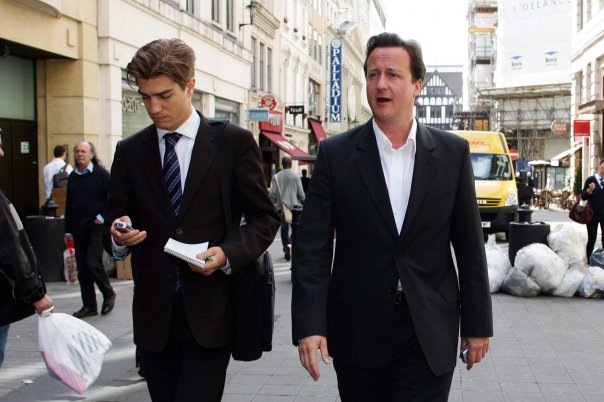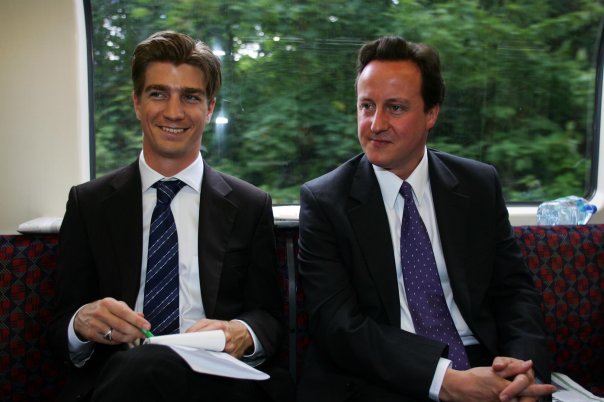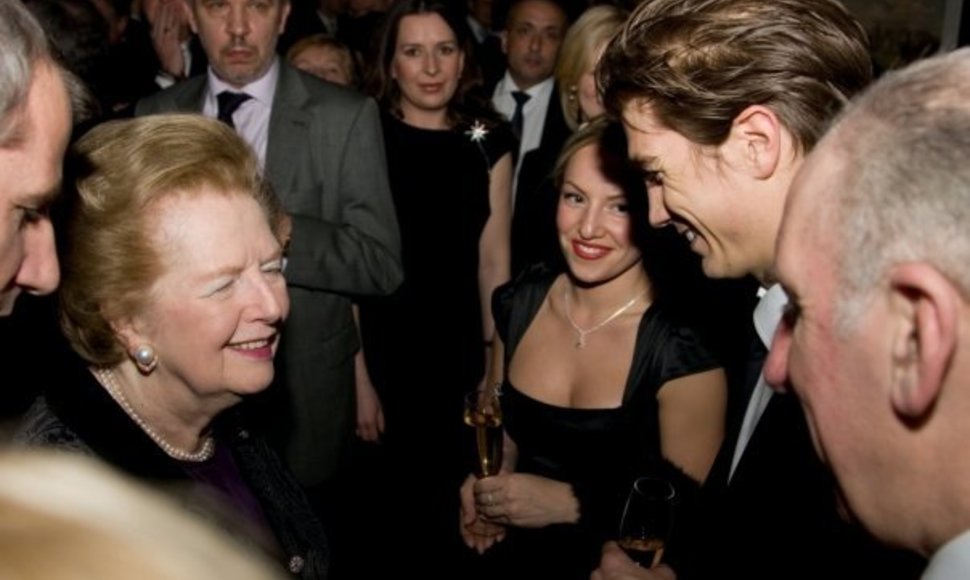I was 1 year old when Margaret Thatcher became Prime Minister of Britain in 1979. Mrs T, as we knew her then or simply Maggie, remained in the top job until she was forced out by her own backstabbing Cabinet when I was knocking on the door of my teenage years. Her government formed the backdrop to my childhood.
I grew up in a political household and my parents did not like what she stood for and the way that she ruled. In many ways she made them better off and they saw that. The Poll Tax was for our family a tax cut because as a universal tax it was the same for rich or poor regardless of how big or valuable your home. Our home was bigger than most.
But my parents stood by our poorer neighbours against a tax they saw as fundamentally unfair. I was taken at a young age to a march against the Poll Tax which turned into a riot and was the catalyst for her eventual defeat. I was told that she only attacked an Argentinian gunship to win popularity.
As a Londoner from the socialist capital almost everyone I knew thought what she did was evil. My teachers were also socialist and taught me that she had taken jobs from the coal miners. Her market reforms and sell offs of nationalised industries turned vices into virtues. Greed became good. Self interest ruled over common interest. Businesses were more important than people. In Britain in the 1980s you either loved Margaret Thatcher and everything she did or you hated her and everything she stood for. Those who loved her were Thatcher's children those who hated her would one day dance on her grave. There was no middle ground.
Although I still think the Poll Tax was wrong. I believe the rich should pay more in tax than the poor. Capitalism naturally favours the rich and it is the role of governments to provide a balance against the gravitational pull of money towards money.
But five years ago I met Margaret Thatcher and my view of her as pure evil changed. I went along as a guest to an event held by the Lithuanian Embassy in London. On that day I was able to see her as the woman the Soviets called the Iron Lady for her unwillingness to bend as so many other politicians do.
At that event in 2008 the Lithuanian community thanked Baroness Thatcher for standing up for them when no other leader in Europe would 20 years previously.
The merits of her foreign policy bear divergent interpretations, particularly, in matters of Cold War. And indeed she was apprehensive about the possibility of a united Germany, yet she did listen to her advisors and became a key advocate for reunification. Alongside Ronald Reagan, she was the force speaking up for the independence of countries we now consider close friends in the EU, such as Lithuania, from the Soviet Union.
 |
| Asmeninio albumo nuotr./Johnas Higginsonas ir Davidas Cameronas |
In over 40 years since the Soviet Union established the Eastern Bloc by force, no other Western European leader had seen any political capital in demanding the USSR give these countries back their independence. And so they hadn't.
It took a woman: Lady Thatcher and rather ideological argument she represented to stand up against the great might of Russia. That night in 2008, the Lithuanian president Valdas Adamkus told us that without her keeping their plight in the international spotlight independence would not have come so soon. She had so many hard fights at home but she did not let this stop her siding with the underdog abroad. It is a lesson we can all learn from today.
I met Baroness Thatcher briefly on that day. She was 83-years-old even then. She was kind when I had been told she was harsh. And she was quick witted when I had been told she was losing her mind. I would later learn that she rarely was as she was made out to be.
After that day I did my own research into Thatcher’s legacy and realised that so much of what I thought I knew was simply opinion with a loose smattering of ‘facts’ to back them up. I was completely and utterly wrong about so much. My opinion of her was merely a comfortable but ill-fitting hand-me-down. Like so many people I had simply taken on the views of my elders and betters (my parents and teachers) without question.
Two thirds of the jobs in the coal mines had already been lost before she even came to power. While many of the remaining mines were no longer profitable. London's powerhouse financial centre, which provides the country with such wealth today and jobs for workers from all over Europe including many from Lithuania, was closed off to all but a cosy elite from the right schools. It had recently been overtaken by New York.
 |
| Asmeninio albumo nuotr./Johnas Higginsonas ir Davidas Cameronas |
A crown London once again wears thanks in large part to her reforms. Ordinary people like myself can buy and sell shares without a costly intermediary. Unions held the country to ransom. At night the lights turned out because Britain could not produce enough power. People only worked 4 days a week because the Unions would not allow workers to work more. Rubbish piled up in the street when the binmen wanted more money and bodies lay unburied when the grave diggers went on strike.
Three years before she won power - in 1976, Britain had been forced to turn to the International Monetary Foundation for a loan. In return the IMF had demanded Britain make huge public sector cut backs just as has happened in Greece, Portugal and Ireland today. At the same time, Argentinians had taken the British dependency Falkland Islands by force. Successive governments had the highest aim of simply managing the decline of Britain in an orderly fashion. She came along and shook up the old guard and told them all it was not good enough. That Britain could again be great.
No other British politician has divided political opinion so widely.
But whatever one’s view of her what is undeniable is she was a woman with immense personal strength to the last, who stood up for the underdog and refused to bow to the status quo.
Many on the left hate her for the apparent savagery in which she changed Britain in the late 1970s.
But would Britain be as prosperous as it is today without her reign as Prime Minister? Undoubtedly it would not.
By questioning my own views I again found an interest in politics which I had lost. Following that night at the Lithuanian embassy, I went on to get a job as political correspondent and then political editor of Metro UK a newspaper with 4 million readers a day.
That is why today I am proud to thank Lithuania for showing me that I am indeed Thatcher's child.















